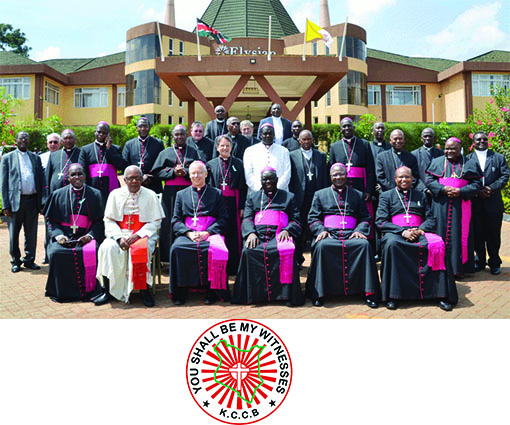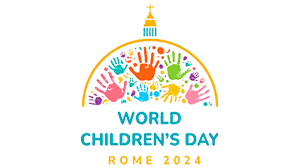KENYA: Termination of the Unborn is “Homicide”, Bishops React to Proposed Reproductive Health Bill

Sr. Jecinter Antoinette Okoth, FSSA
The Kenya Conference of Catholic Bishops (KCCB) has opposed the bill which is meant to “provide for the right to make decisions regarding reproductive health” among others and which they say will lead to termination of the unborn which is “homicide.”
Their statement dated June 23, 2020 follows a proposed bill on Reproductive Health by some parliamentarians in Kenya.
“We, the Catholic Bishops of Kenya, are aware that a proposal to legalize abortion has been presented in Parliament. While we respect individual opinions, and accept that legislators may wish to present proposals which we do not agree upon, we cannot remain silent before issues that concern life,” the Bishops said in a statement signed by the Chairman of KCCB, Archbishop Philip Arnold Anyolo, adding that “the unborn is human life and its termination is homicide.”
In their collective statement the Bishops stated that the proposal is against the teachings of the Church and African cultural values which promulgate the protection of life.
“We are called by our faith and our African cultural background, to protect life and also the life of the unborn. As Bishops, we respond to our belief that regards abortion as the intentional killing of a human life. We wish to remind all Christian’s legislators that the teaching of the Church on this matter has never wavered,” the statement reads in part.
They added, “The proposed legislation goes against the teaching of the Gospel. It is a Bill against the Constitution, against the right to life and against the protection of children and of the family.”
The Bishops condemned termination of the life of unborn as a solution to the women’s “problem” as the Bill recommends. Rather, they insist that they “focus on how to prevent unwanted pregnancies through positive means such as mentorship and behaviour change programmes, life skills and human sexuality programmes.”
“These will include a closer attention to social issues that lead to poverty, illness, fornication, peer pressure and uneasiness among people,” the statement reads and continues “We can identify ways to educate our youth about life and the fundamental choices regarding family life. We can support those structures that already now give shelter and protection to vulnerable minors and women.”
The Bishops expressed discontentment in the ambiguity of the wordings used in the Bill which speaks of Sexual and Reproductive Health and Rights “when in fact it simply wishes to introduce in country some unhealthy practices.”
“In the past decades, these words have been redefined by various UN (United Nations) agencies to encompass controversial sexual and abortion rights, including for young children,” the Prelates disclosed.
They quoted the Constitution of Kenya where “The meaning given by the Bill to “pregnancy” as “the presence of a foetus in the womb,” read along with the provisions on termination of pregnancy.”
“It should be noted that these provisions of the Bill serve to amplify the ambiguity of Article 26(4) of the Constitution which was highly contested in the pre-referendum phase on the Constitution in 2010,” the Church leaders explained referring to a section of Kenya’s Constitution which focuses on the right to life.
The statement highlighted further that the proposed “Bill is a pathway to promoting a foreign agenda which insists that preventing unintended pregnancies and unsafe abortions require States to adopt (new) Policy measures.
According to the Bishops the Bill requires the State to “Guarantee all citizens access to affordable and effective contraceptives and comprehensive sexuality education, no matter their age,” and to “Guarantee access to safe abortion services and quality post-abortion care.”
Besides, the Prelates noted that the State is expected to “Respect the right of women to make autonomous decisions about their sexual and reproductive health, thus excluding their partners.”
The Bishops express their trust that “people of other faiths would share with us the respect towards human life,” and that “our Legislators will want to interpret the will of our people. They want to promote life, not death. They want to promote the institution of marriage not same-sex unions.”
They decry the use of the term “age appropriate” which “was once an effective modifier that served to protect children from exposure to harmful and explicit sexuality education,” but which the Bill asks the Ministry of Education to “integrate into the education syllabus age appropriate information on reproductive health.”
“This is no longer the case, as the term has become the most effective strategy used by sexual rights activists to get comprehensive sexuality adopted in policy and legislation,” the Prelates noted.


